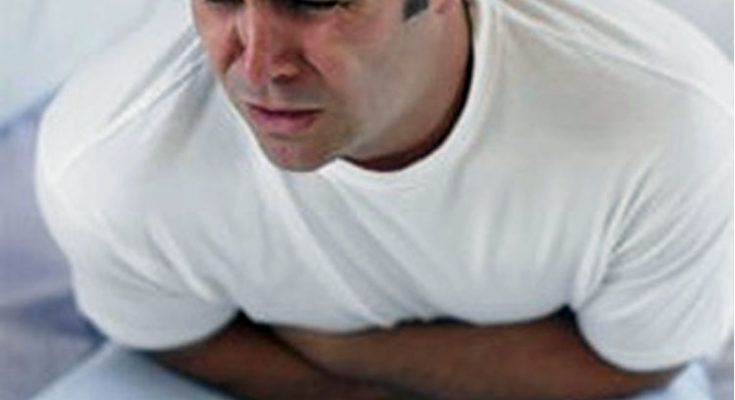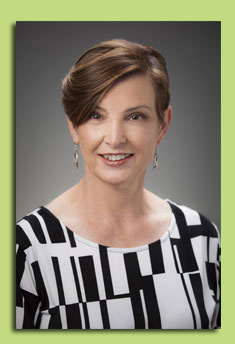Warning: This uncensored article is about what is eliminated in the toilet after digestion.
Why is talking about poo taboo? Yes, I’m writing about bowel movements. Go ahead and snicker, laugh, or smile. Humor releases awkwardness.
Diaper Doo-Doo
Couples with kids are used to poop conversations—constant and consistent discussions about bowel movements, wiping, and washing hands. Why? Because parents are knee-deep in poop (pun intended) babble, chatter, and prattle. The diaper days are smelly, stinky, and odorous, but so necessary. And babies are little poop factories.
Poop forms in an infant’s intestines in utero—it’s called meconium; a sticky, brownish-green substance made up of swallowed amniotic fluid, bile, and body cells. Meconium is a bowel movement after birth.
Potty Pooping
Toddlers and preschoolers have to learn how to manage the mushy stuff in their intestines that is eliminated from their bottoms i.e., (butts, behinds, rumps, backsides, tushes). And poop has many aliases (i.e., feces, stool, turd, doo-doo, excrement, waste, crap) to name a few. Plop! Kerplunk! Splash! Certain sounds are associated with poop as it hits the water in the commode.
Potty training picture books are very popular. Everybody Poops by Taro Gomi and It Hurts When I Poop (for kids with constipation) by Howard Bennett, MD are favorites. Toot by Leslie Patricellie is a book for toddlers about passing gas. Potty pooping videos and songs can be found on Utube.
And elementary students enjoy telling poop jokes. What do you call Clark Kent with diarrhea? Pooper-man. Why do adults make kids change the name of poop to number two?
Teens like to buy fake poop to fool friends and prank parents. So keep the conversation about digestion and defecation open in case your teen develops an intestinal problem.
But why is it challenging for some families to be open about the body’s natural process of defecation? In other words, why is poop talk difficult? Embarrassment, shame, mortification—emotions some humans experience when poop is the subject matter. How your family of origin communicated (or didn’t communicate) about poop is usually how grown-ups approach bathroom etiquette. And the societal norms for your generation. Of course, humans want and need privacy when using the bathroom.
Why are we so uncomfortable and embarrassed about talking about a biological bodily function that all humans do? Should humans be uncomfortable speaking about something that everyone does, regardless of differences like gender, age, and culture? Should poop only be talked about behind closed bathroom doors?
Pediatricians converse a lot about poop. Medical professionals in hospitals ask patients a lot of questions about poop. They even measure the amount and chart the color, consistency, and frequency of feces. Diarrhea and constipation are changes in poop that are routinely evaluated.
Laxatives are big business that helps you do your business. According to MedicineNet.com, there are 7 types of safe laxatives for constipation relief. Who knew? Open up and ask for advice when your bowels are backed up.
The Popularity of Poop
Poop is a major character in The Emoji Movie (a 2017 American animated film). He resembles the classical poop emoji, but he wears a white bow tie, a swirled hairdo, and a cheesy smile. Have you seen the pope emoji products, gifts, and merchandise at stores?
According to www.abc.net.au/news/2016-12-10/the-popularity-of-the-poo-emoji/8102762, “Earlier this year, both Democrats and Republicans rejoiced at the launch of Politicians To Poop, a Chrome browser extension that allows computer users to “poopify” the names of both presidential candidates, by replacing all mention of them with the smiling poop emoji.”
Now, society can go too far with feces, but that’s how the pendulum swings or how the handle flushes. And discussing poop at the dinner table is not such a pleasant conversation. After all, we do need to teach manners to children and frat boys.
What’s the Takeaway?
Bottom (pun intended) line: Your pooping habits can be an important indicator of your overall health. And becoming comfortable about poop talk, especially with your physician, is helpful when a problem occurs. Early detection means early treatment for irritable bowel syndrome, inflammatory bowel diseases, and colon cancer.
Traveling involves the use of public bathrooms. Going to festivals involve the use of porta potties. And camping involves the use of nature. So communicating about bathroom doo-doo duties is necessary for sanitation (i.e., toilet paper, wet wipes, soap, an extra change of underwear).
So get the scoop on poop. And talk about it with kids. As Gomi writes, “All living things eat, so everyone poops.”
Melissa Martin, Ph.D, is an author, columnist, educator, and therapist. She lives in Ohio. www.melissamartinchildrensauthor.com. Contact her at melissamcolumnist@gmail.com.










